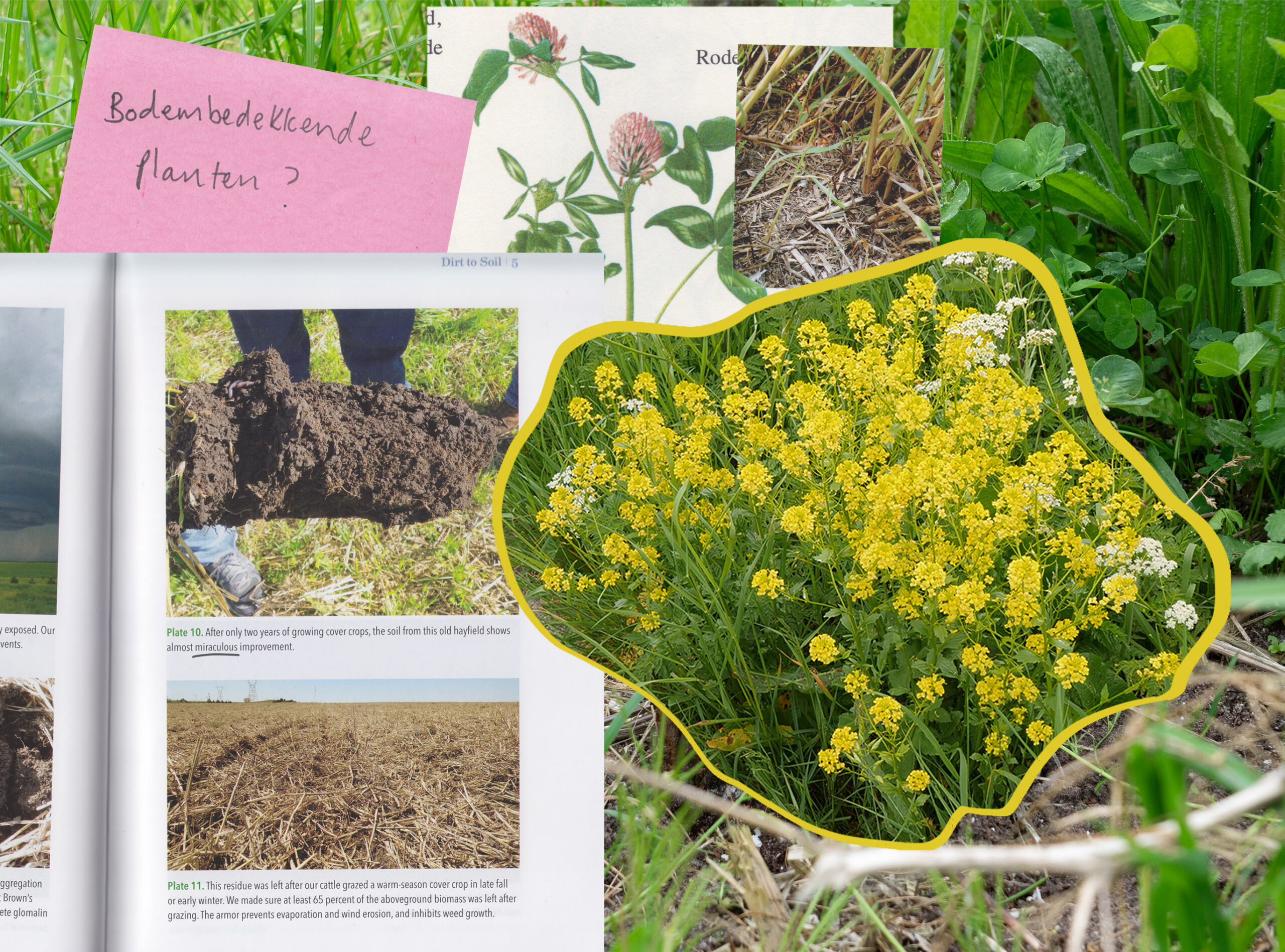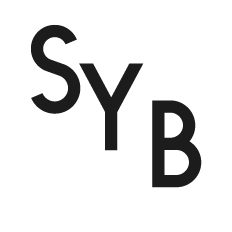29 January till 2 February 2024
Honey Jones-Hughes & Antonio de la Hera: Planting Mustard (preliminary research)
Residency
 Honey Jones-Hughes and Antonio de la Hera, Planting Mustard (preliminary research), 2024
Honey Jones-Hughes and Antonio de la Hera, Planting Mustard (preliminary research), 2024
Kunsthuis SYB welcomes Honey Jones-Hughes and Antonio de la Hera for a research residency from February until May 2024.
Jones-Hughes and De la Hera embark on a research period into cover crops, with a particular focus on the application of mustard. This particular research stems from previous research into sustainable farming practices in Friesland. The research residency Planting Mustard (preliminary research) is marked by two by stays at Kunsthuis SYB, where they continue their engagement with those living and working in and with the area. The residency concludes with a public moment on Saturday, May 25, 2024.
About the research and cover crops
A cover crop, in broad terms, can refer to any plant sown or allowed to grow with the aim to improvement of soil health. It is generally agreed that healthy soil improves or stimulates mineral (and carbon) cycles, erodes less, and produces more nutrient-dense food. The health of any soil can be measured in different ways, from drainage rates, to mineral composition, to organic matter, to diversity of insects, bacteria, fungi and other lifeforms.
Specific plants are selected to manage the particular needs of the land, often in groups or ‘cocktails’. Mustard is a common cover crop sown in The Netherlands, routinely used in rotations with wheat and potatoes (the latter of course being a key crop for Friesland, which remains the largest seed potato exporter worldwide). Employed well, the plant fixes nitrogen and produces natural substances that help reduce the prevalence of root pests; joint features that enable farmers to use less fertilisers and pesticides.
Throughout this research period, Jones-Hughes and De la Hera continue their engagement with producers, makers, traditions and the landscape of Friesland, exploring the tension and versatility of cover crops, their benefits and by-products. Mustard’s presence – both in culture and physically in the field – serves as a tool to better understand how cover crops function in policy and practice, and their roles in sustainable agriculture.
About the artists
Working collaboratively, Honey Jones-Hughes and Antonio de la Hera respond to societal issues that arise in their direct environment. Current thinking questions modern agricultural and technological mythologies, resource scarcity, supply chains, infrastructures and economies.
Their collaboration is grounded in a belief that practical understanding stems from a process where research and reaction are encouraged. Their projects favour social interactions and engagements as pedagogical moments. Using formats such as games, walks, workshops, field trips and publishing to present, represent and reframe information and ideas, they seek to make space for cross-pollination of (formal or informal) social economies to breed holistically sustainable solutions.
The project is made possible by:

